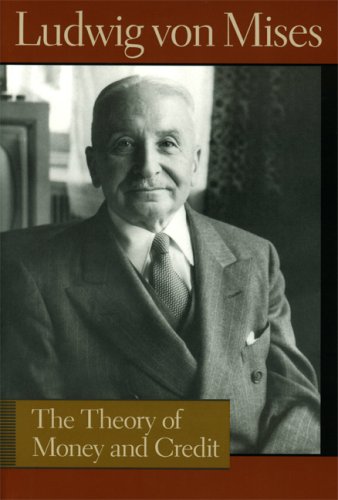First published in 1912 ago, Mises’s The Theory of Money and Credit makes this observation:
“Gold is not an ideal basis for a monetary system. Like all human creations, the gold standard is not free from shortcomings; but in the existing circumstances there is no other way of emancipating the monetary system from the changing influences of party politics and government interference, either in the present or, so far as can be foreseen, in the future. And no monetary system that is not free from these influences will be able to form the basis of credit transactions.”
That observation has held up well across a century’s experience.
The quotation is from p. 29 of the Yale University Press / Liberty Fund edition of The Theory of Money and Credit.

A gold standard in economies of sticky wages and prices is a rather more dubious proposition than in one of flexible wages and prices, see discussion here.
A nice discussion of a gold standard from a macroeconomic point of view is here. It concludes with a quote you may find apposite.
One characteristic of a gold “standard” is that, like any other standard, it is enforced. A better arrangement, I think, is a system in which the government has no input whatsoever into citizens’ choice of money.
At various times, shells, bark, cigarettes, and even onions have been accepted as money. There is no need for any authority to designate such through legal tender laws and the like. It simply emerges as a shared value among traders.
One advantage of allowing people to use any medium for money is that the government would no longer be able to steal through inflating currency. People would stop using dollars and gravitate toward gold or some other form of exchange rather than the green paper that they are now forced to use.